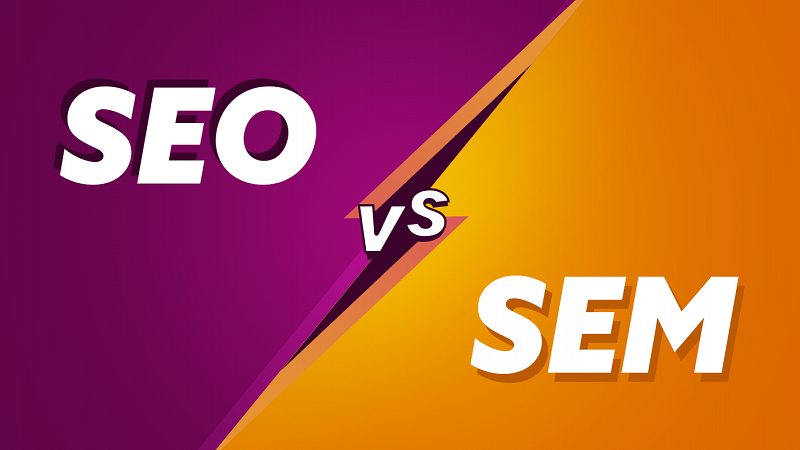In the digital landscape, acronyms like SEO (Search Engine Optimisation) and SEM (Search Engine Marketing) are often tossed around, yet their nuances and distinct roles in driving online visibility can be a bit hazy. Let’s demystify these concepts, explore their differences, and understand when each might shine.
SEO: Organic Growth through Optimisation
Search Engine Optimisation (SEO) focuses on optimising a website to improve its visibility in organic (unpaid) search engine results. It's a long-term strategy aiming to rank higher in search engine results pages by enhancing various on-page and off-page elements:
- On-Page Optimisation: Tailoring website content, meta tags, keywords, and improving user experience to make the site more search-engine-friendly.
- Off-Page Optimisation: Building authority through quality backlinks, social media presence, and brand mentions from external sources.
Strengths of SEO:
- Sustainability: Once established, organic rankings can endure, attracting consistent traffic without direct ad spending.
- Credibility: High organic rankings can lend credibility and trust to a brand.
SEM: Paid Advertising for Immediate Visibility
Search Engine Marketing (SEM) involves paid strategies to gain immediate visibility on search engine results pages. It primarily encompasses Pay-Per-Click (PPC) advertising, where advertisers bid on keywords to display ads in the sponsored section of search results:
- Google Ads: Creating text, display, or shopping ads that appear when users search for specific keywords.
- Bing Ads, Social Media Ads: Leveraging other platforms beyond Google for paid advertising.
Strengths of SEM:
- Immediate Results: Paid ads can quickly generate traffic and visibility for targeted keywords or demographics.
- Control and Targeting: Precise control over budget, audience targeting, and ad placement.
Which Is Better: SEO or SEM?
Choosing between SEO and SEM often depends on various factors such as:
- Goals: SEO focuses on long-term growth, while SEM offers immediate visibility.
- Budget: SEO typically requires time and ongoing effort, while SEM involves direct ad spend.
- Complementary Nature: Integrating both can maximize visibility. SEM can offer immediate results while building an SEO strategy for sustainable growth.
Conclusion
There’s no one-size-fits-all answer to whether SEO or SEM is better. Both have unique strengths and serve distinct purposes. A comprehensive digital strategy might entail leveraging both SEO for long-term growth and SEM for immediate visibility, aligning with business goals and budget constraints.
Understanding the differences between SEO and SEM allows for informed decision-making, enabling businesses to craft a balanced approach that suits their specific needs and maximizes their online presence.



